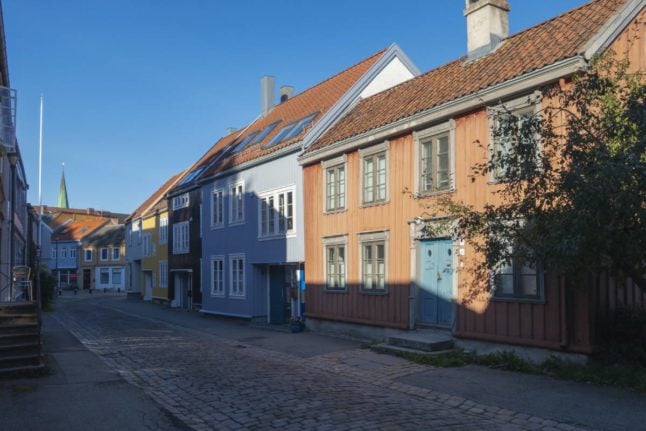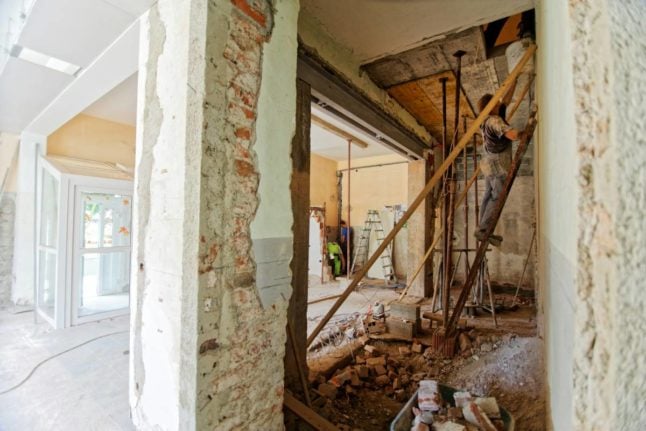The Norwegian property market has seen a fall in prices during the autumn of 2023.
The most significant contributing factor has been the sharp rise in interest rates throughout the year, making mortgages more expensive and dampening demand.
READ MORE: Why now might be a good time to buy a home in Norway
Norges Bank – the country’s central bank – recently raised its key interest rate to 4.5 percent, further affecting housing market dynamics.
However, the central bank’s projections for housing prices in 2024 differ from more recent analyses by other institutions and organisations.
What do the latest forecasts say?
DNB Eiendom, a subsidiary of Norway’s largest bank, DNB, believes that the housing market in 2024 will closely resemble the trends observed in 2023.
According to Nils Robert Elven, the regional manager in Oslo for DNB Eiendom, 2024 is expected to conclude with a modest price increase of two or three percent percent.
“When 2024 is behind us, we believe the total score will show that we have a well-functioning housing market with weak growth. We think 2024 will end with a price increase of up to two-to-three percent,” Elven said.
The primary factors influencing this somewhat conservative forecast are interest rates and inflation.
According to DNB Eiendom, the initial months of 2024 would see house prices fall due to the combination of interest rates and inflation.
However, as interest rates stabilise and decrease, coupled with anticipated gains in wage settlements during the latter half of the year, DNB expects the housing market to gain momentum.
DNB Eiendom also thinks there may be limited new home construction in Norway moving forward, potentially putting long-term pressure on the second-hand housing market.
Real Estate Norway (Eiendom Norge), the industry organisation that compiles monthly housing price statistics, has a more bullish price outlook for 2024.
They expect house prices to rise by four percent during the year, with particular emphasis on robust growth in Oslo and Stavanger, projecting increases of 6 and seven percent, respectively.
In a statement on Wednesday, Eiendom Norge’s CEO, Henning Lauridsen, attributed this expected growth to wage settlements and anticipated interest rate cuts.
“After two years of weak development, we believe that we will see good growth in housing prices in Norway in 2024. A good wage settlement that gives real wage growth next year will positively affect price development. So will the expected interest rate cuts,” Lauridsen said on Wednesday, the newspaper E24 reported.
Rental market: No good news for tenants
Aside from housing prices, the cost of renting in Norway is also expected to be on an upward trajectory next year.
Several factors are predicted to contribute to this rise in rental prices, including reduced supply, changes in tax rules on second homes, interest rates, energy costs, and inflation (most of these factors have already increased landlords overheads).
READ MORE: Why the cost of renting in Norway will continue rising sharply
Furthermore, the influx of refugees due to the war in Ukraine has increased demand for long-term rental contracts, further exacerbating the supply-demand imbalance.
Therefore, most experts agree that a continued surge in rental prices due to the combination of high demand and limited supply is highly likely.
The rental market is unlikely to improve in the near term, suggesting that high prices will be the new normal for some time to come.



 Please whitelist us to continue reading.
Please whitelist us to continue reading.
Member comments